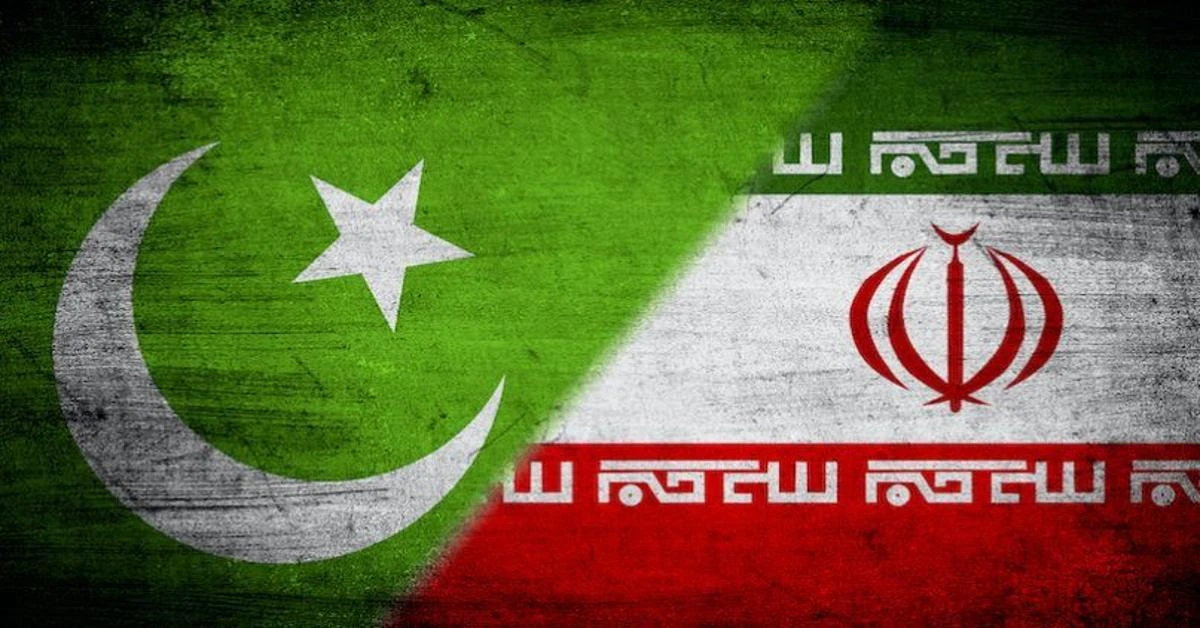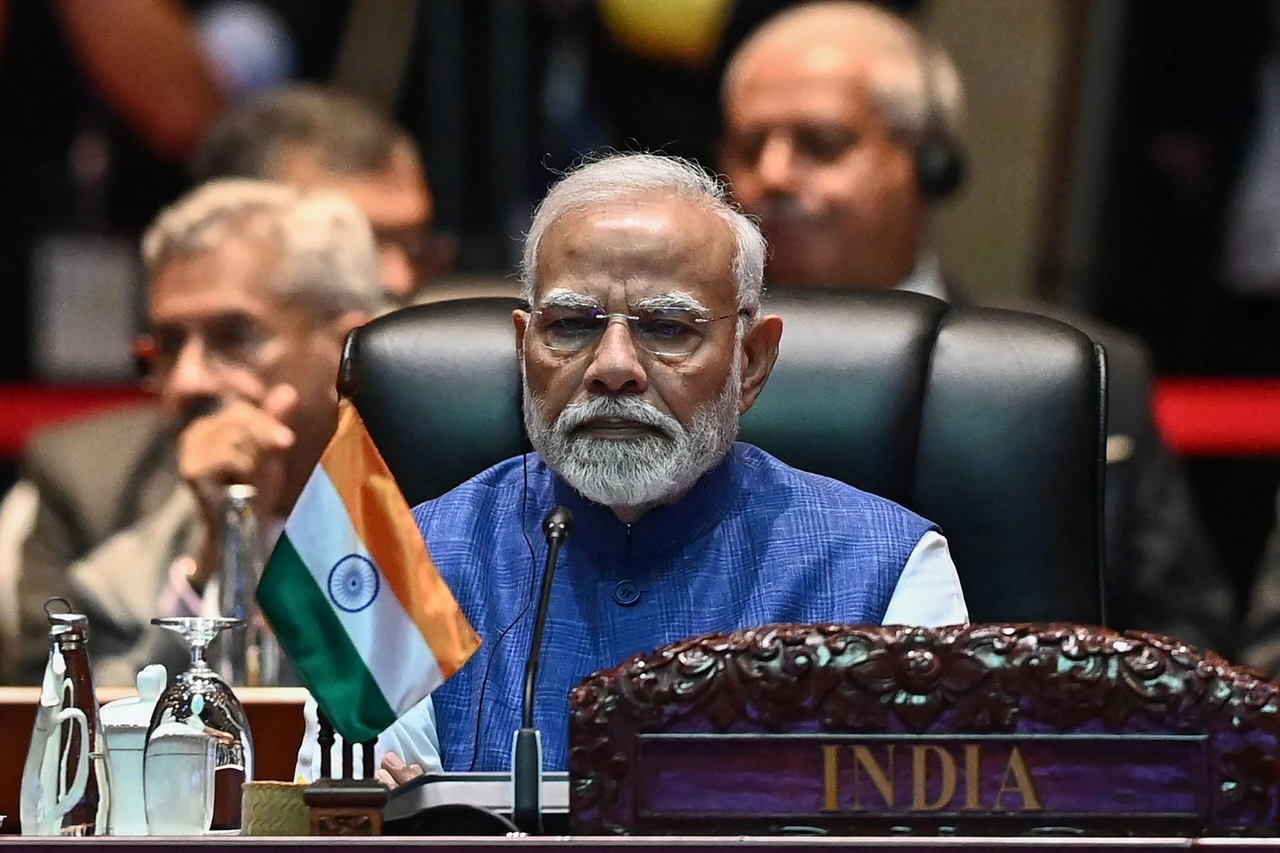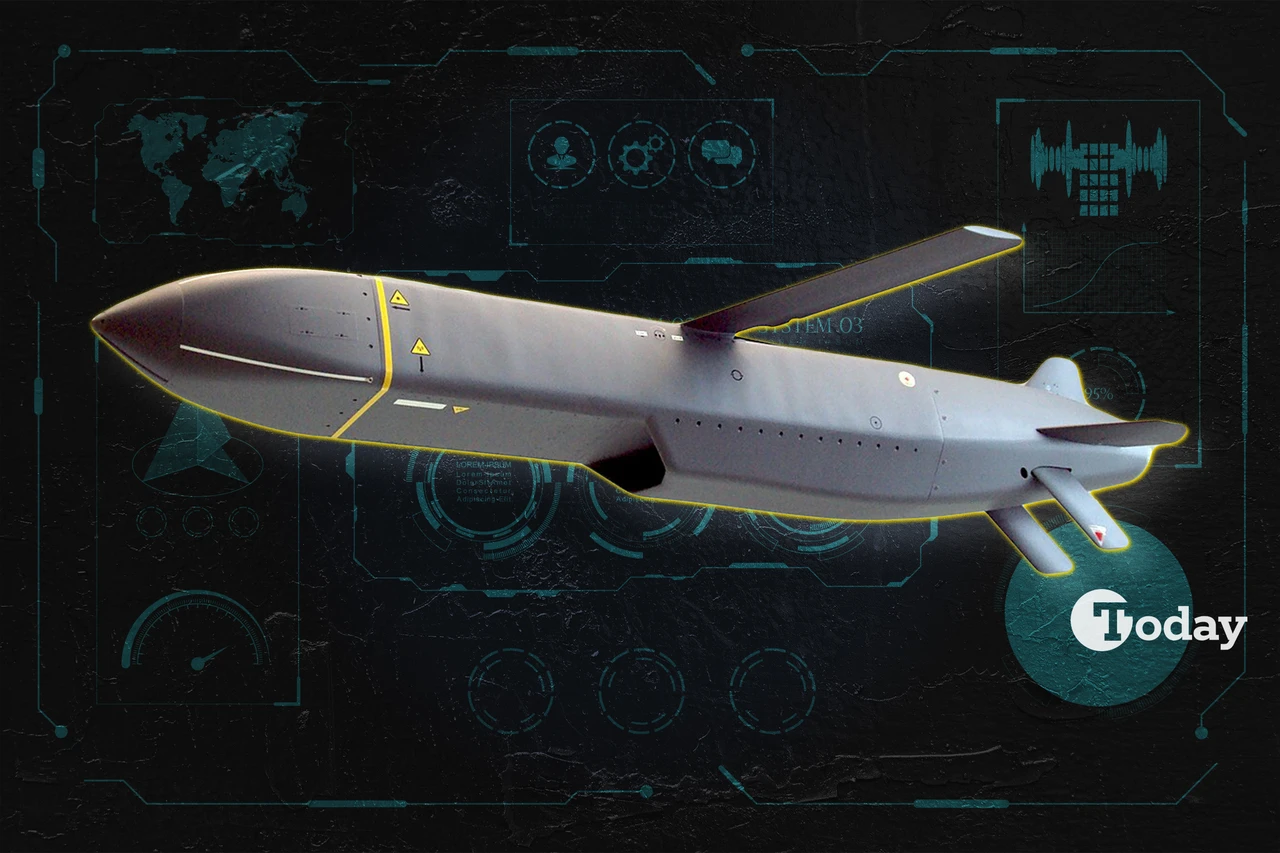‘Middle East unrest’: What’s really happening in Pakistan, Iran?

The neighboring countries have gone far ahead than a trivial skirmish as Islamabad recalled its envoy, suspending its high-level visits with Tehran
Amid the ongoing escalations in the MiddleEast, the unprecedented exchange of airstrikes between Tehran and Islamabad has mounted tensions about the future of the conflict-ridden region.
The neighboring countries – that share a 900-kilometer (560-mile) border – have gone far ahead than a trivial skirmish as Islamabad recalled its envoy, suspending its high-level visits with Tehran last week. The series of missile attacks come at a critical point when the region is already in dire straits given the Israel-Hamas conflict in the besieged Gaza Strip.
Opening Salvo
Tehran launched missile strikes on three different countries last week – Iraq, Syria and Pakistan. The country claims all these assaults were in response to attacks carried out against Iranian targets. In Syria, Iran fired missiles in response to a bombing attack that left several dead at the commemoration for the commander Qassem Soleimani – who was known as the mastermind behind Tehran’s network of proxy paramilitaries in the Arab world. Tehran also attacked Baghdad claiming to target the Israeli spies – a charge that Iraq has refuted.
Similarly, the country launched a missile attack on Islamabad, destroying two bases of Baluchi militant Jaish al-Adl, also known as the Army of Justice. The group emerged in 2012, mainly comprising members of the militant Jundullah group, which was crippled after Iran detained most of its members. The anti-Iranian group demands independence for Iran’s eastern province Sistan and Pakistan’s southwestern Balochistan. It has previously launched several attacks on Iranian security forces, most recently an attack on a police station in December that took several lives.
Pakistan and Iran
Touching upon Pakistan and Iran’s relations, both countries share a history of fighting militant groups on the borders in the Balochistan region that has been on tenterhooks for a long period. After the Iranian airstrikes, Pakistan responded with a “series of highly coordinated and specifically targeted precision military strikes,” although both countries share a cordial relationship.
Given the intricate geopolitics involved, the world leaders weighed in immediately, seeking to mitigate the flare-up. The U.S. State Department spokesperson for a restraint, adding he didn’t think the tensions or the latest series of events were linked to Gaza in any way.
Similarly, the Turkish foreign minister also called his counterparts in Islamabad and Tehran, adding that neither of the countries intended to escalate the tensions further. Meanwhile, China has also put itself forward to play a role as an intermediary to alleviate tensions between Iran and nuclear-armed Pakistan. In a sigh of relief, the President of Pakistan Arif Alvi also commented on the ongoing situation, saying that Tehran and Islamabad are “brotherly countries and they needed to resolve issues through dialogue and mutual consultation.”
Conflict leading to war?
In the backdrop of the current friction between the two countries in line with the series of tit-for-tat attacks, many fear a regional strain. However, according to experts, considering the diplomatic ties of both countries, there are bleak chances of a flareup threatening the region.
According to one of the analysts, who is a non-resident senior fellow with the Atlantic Council’s Middle East Programs, named Mark N. Katz maintained that “neither Iran nor Pakistan launched an attack against the other’s forces or assets. Instead, each attacked against what they consider being jihadi forces inside the other’s territory that the other also considers problematic.” He further opined that both countries are unlikely to escalate the tensions further.
However, if the situation escalates, the United States will not be able to play a part as a mediator given the cold relations with Iran. Instead, European Union countries, China or Russia might play the role of a mediator, according to political analysts.
Meanwhile, other political experts noted attacking countries like Pakistan, Syria and Iraq won’t solve Iran’s security problems.” On the contrary, some analysts have shared apprehensions that “the risk further destabilizing an already unstable Middle East.”
All in all, the diplomatic measures taken by the regimes of both countries will certainly shape the future of the Middle East – which is already roiling with myriads of issues.
Source: Newsroom



